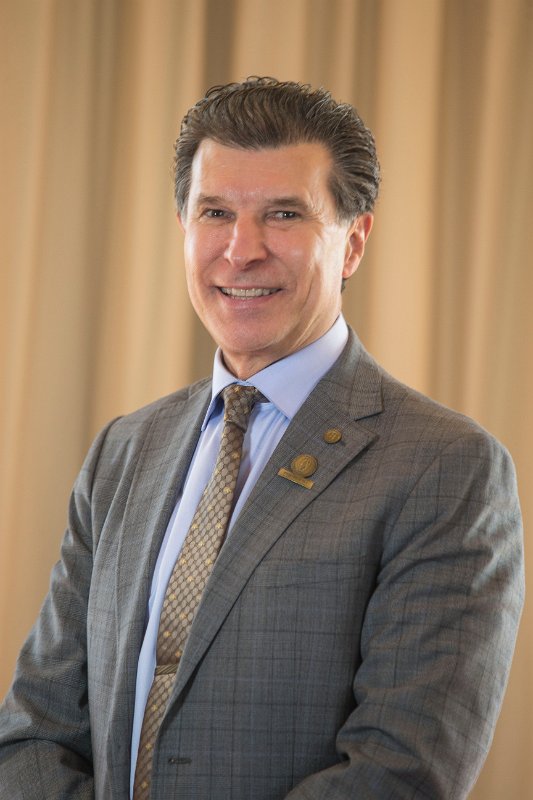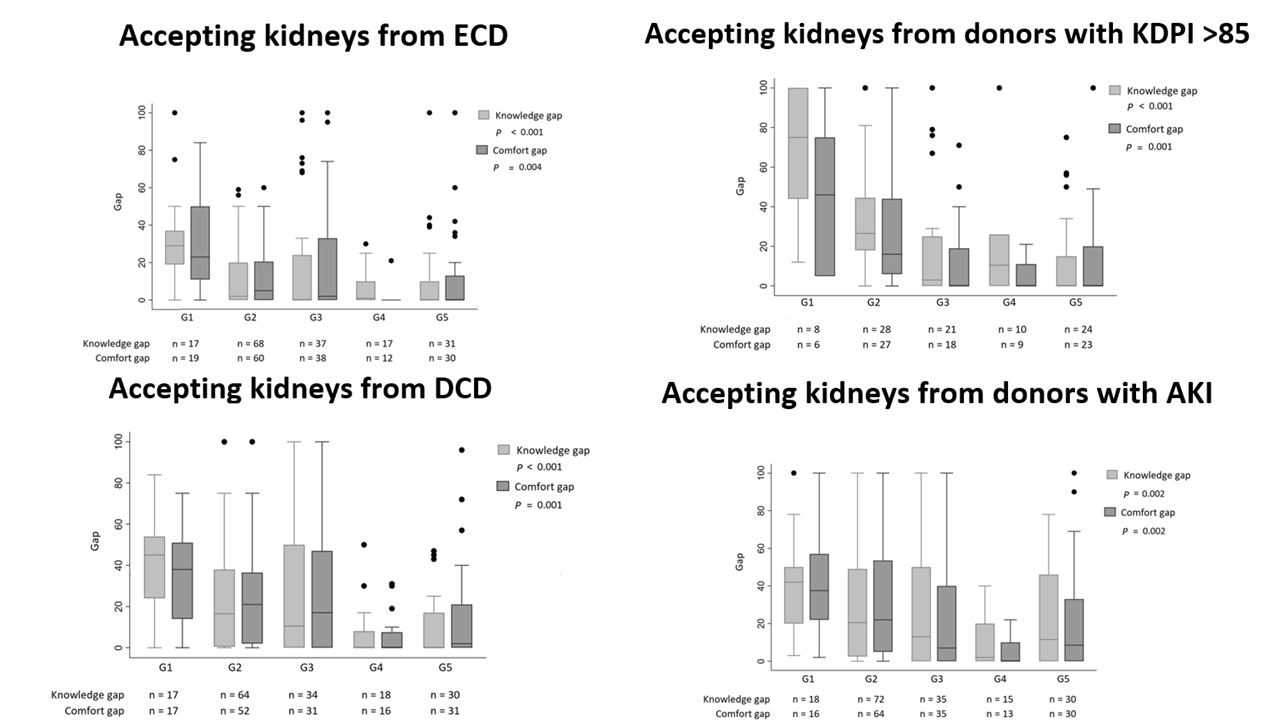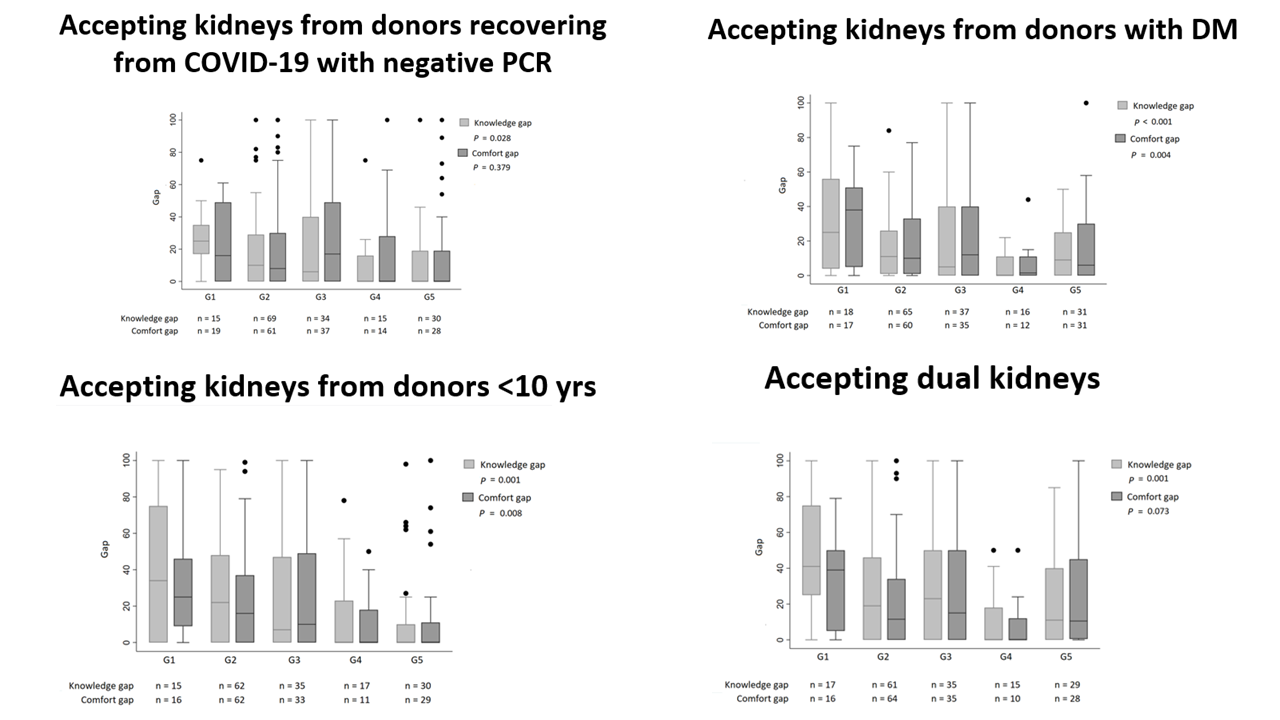
Knowledge and comfort gaps in the acceptance of kidneys from deceased donors: Results of a global survey
Marcelo Cantarovich1, Jean Tchervenkov 1, Vivek Kute2, Hari Shankar 2, Mohammad Ghnaimat3, Milagros Samaniego4, Karen Dwyer5, Shaifali Sandal1.
1Medicine, McGill University, Montreal, QC, Canada; 2Medicine, Gujarat University, Ahmedabad, India; 3Medicine, Specialty Hospital, Amman, Jordan; 4Medicine, Renal Medicine Associates, Albuquerque, United States; 5Medicine, Melbourne University, Melbourne , Australia
TTS Access to Transplantation working group and participating transplantation societies.
Background: The Global Observatory on Donation and Transplantation (GODT) reported that <10% of the transplant (Tx) needs are met. We aimed to assess the knowledge and comfort gaps in the acceptance of kidneys from deceased donors (DD).
Methods: We conducted a global survey from May 2022 to March 2023, involving nephrologists and kidney Tx surgeons. Responders were stratified according to the mean DD rate per million population (PMP) from 2016-2021 (2020 was excluded because of the COVID-19 pandemic): 1) No DD reported, or no data provided to GODT; 2) <10; 3) 10-19.9; 4) 20-29.9; 5) >30 DD PMP. We used ANOVA with a linear trend to compare the median gap (desired minus current) for knowledge or comfort. For example, I am aware of the potential benefits of kidney transplantation from expanded criteria donors (ECD); however, I feel uncomfortable accepting them.
Results: Of 438 responders, 170 were kidney Tx specialists. We found differences in knowledge and comfort gaps across countries, mainly in those with low DD rates. Gaps in knowledge and comfort for the acceptance of kidneys from DD are depicted in Fig.1: ECD, KDPI >85%, determination of death by circulatory criteria, acute kidney injury, and Fig.2: Donors recovering from COVID-19 with negative PCR, diabetic donors, dual kidneys, and donors <10 yrs.
Conclusion: The results of this survey suggest that there are global disparities in the acceptance of kidneys from DD. Educational activities should be considered to close the gaps in knowledge and comfort, with the goal of increasing access to kidney Tx worldwide.


TTS Executive, TTS Council and Dr. Andrea Herrera-Gayol.
[1] Expanded criteria donors
[2] DCD
[3] AKI
[4] Diabetic donors